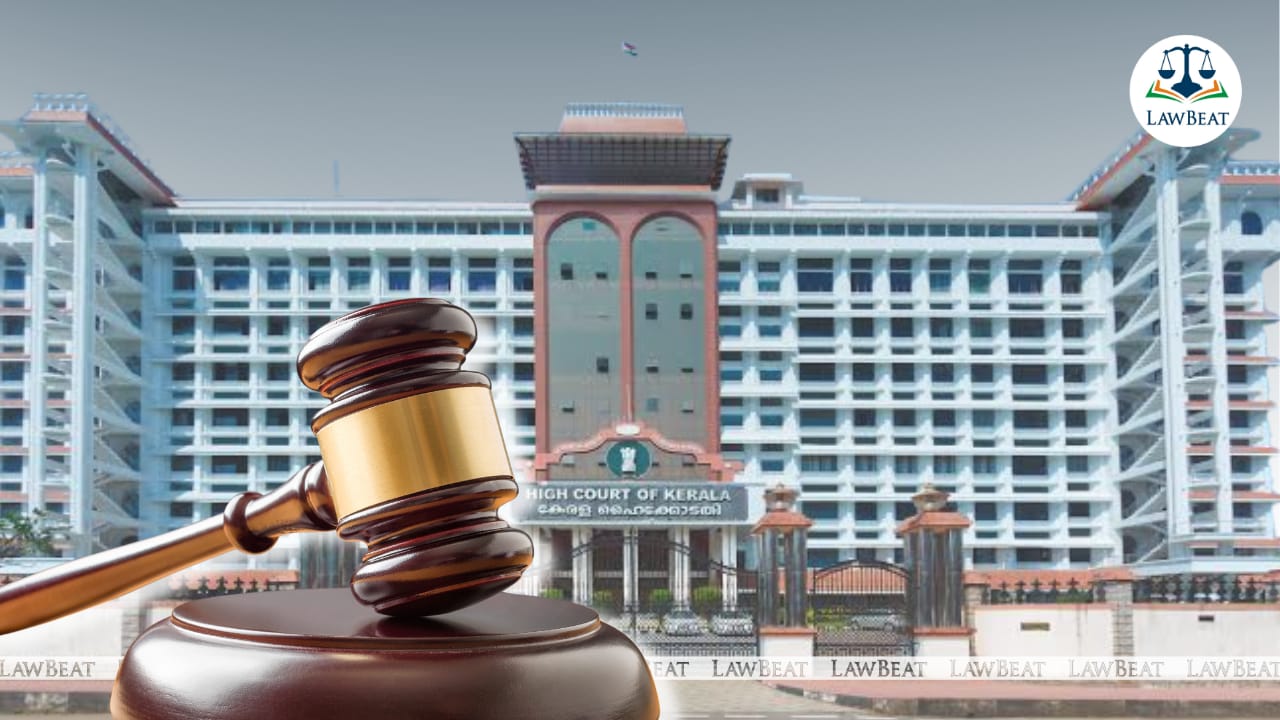Appellate Court Must Not Interfere With An Order of Acquittal Merely Because a Contrary View is Permissible : Kerala HC

The court emphasised that appellate court must bear in mind the fundamental principle of “every person shall be presumed to be innocent unless he is proved guilty by a competent court of law”
The Kerala High Court has ruled that an appellate court must not interfere with an acquittal merely because an alternative conclusion is possible, especially when the trial court's decision is based on plausible reasoning and proper appreciation of evidence.
The court, presided over by Justice P.G. Ajithkumar, delivered the verdict while hearing a case involving the appellant, alleging that her husband and in-laws (the respondents) subjected her to both physical and mental cruelty, misappropriated her gold ornaments and cash provided at the time of marriage, coerced her into transferring property, and harassed her to provide additional money.
The appellant claimed that following her marriage on February 8, 1987, the respondents misappropriated Rs. 1,00,000 given at the time of the marriage and her 20 sovereigns of gold ornaments. Additionally, it was alleged that the respondents coerced her to transfer 25 cents of her property, which was later mortgaged by them and resulted in defaulted loan repayments. It was contended that this treatment amounted to cruelty under Section 498A of the Indian Penal Code (IPC). The Judicial Magistrate of First Class-I, Hosdurg, after examining the evidence and hearing the arguments, acquitted the respondents in 2014. Dissatisfied with the decision, the appellant approached the High Court.
The HC extensively referred to landmark judgments of the Supreme Court, including Chandrappa v. State of Karnataka and Shyam Babu v. State of U.P., to elucidate the principles guiding appellate courts in dealing with acquittals. The court noted, “the appellate Court should consider every material on record and the reasons given by the trial Court in support of its order of acquittal and should interfere only on being satisfied that the view taken by the trial Court is perverse and unreasonable resulting in miscarriage of justice.”
The court further highlighted that while an appellate court has the full authority to re-appreciate and reconsider the evidence underlying an acquittal, it must recognise the double presumption in favour of the accused. This includes the initial presumption of innocence and the reinforced presumption following an acquittal by a competent trial court. In such cases, the appellate court must adhere to the fundamental principle of criminal jurisprudence, which asserts that “every person shall be presumed to be innocent unless he is proved guilty by a competent court of law.”
The court also cited the Supreme Court’s decision in Central Bureau of Investigation v. Shyam Bihari and Others, which reiterated that appellate courts must respect the trial court's findings unless they result in a miscarriage of justice. The High Court observed: “the appellate court must not interfere with an order of acquittal merely because a contrary view is permissible, particularly, where the view taken by the trial court is a plausible view based on proper appreciation of evidence and is not vitiated by ignorance/misreading of relevant evidence on record.”
Conclusively, the HC found no reason to overturn the trial court’s decision. It ruled that the evidence presented by the appellant, primarily comprising oral testimony, lacked corroboration. The trial court’s decision that the charges were not proved beyond reasonable doubt was held to be a plausible view based on the evidence.
The trial court’s findings were neither perverse nor unreasonable and did not result in any miscarriage of justice, the court observed, while upholding the respondents’ acquittal and dismissing the appeal.
Cause Title: KUNHAISU P.K. v AYISUMMA L.K. [CRL.APPEAL NO. 679 OF 2014]
